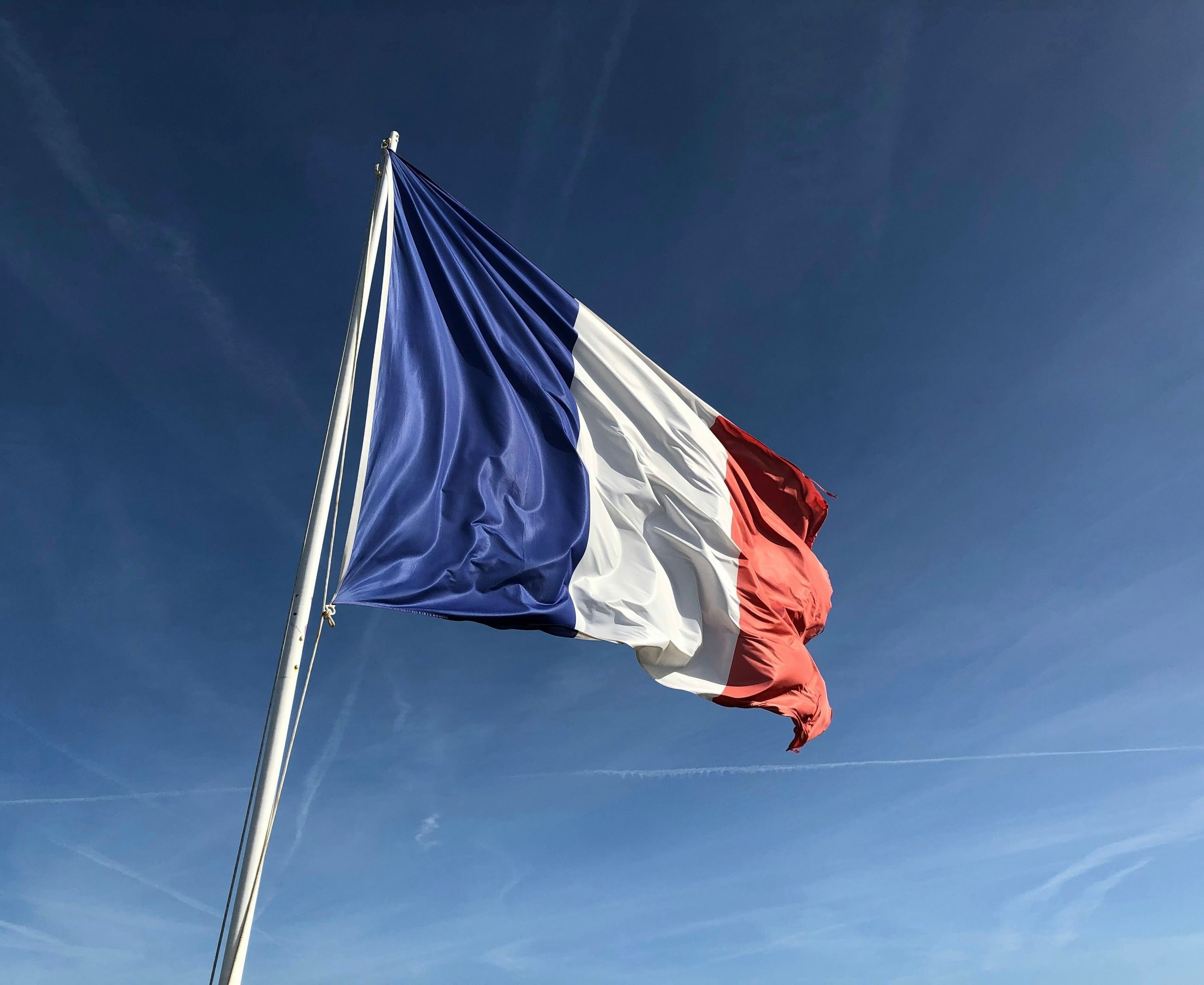France Fines Fuel Suppliers €187.5 Million Over Corsica Market Agreement
Key Takeaways
- Major Penalty The Autorité de la concurrence fined TotalEnergies Marketing France, two Rubis group companies and EG Retail €187.49 million for an anticompetitive agreement in Corsica’s fuel sector.
- Depot Access Restrictions Regulators found that Dépôts Pétroliers de la Corse (DPLC) shareholders signed a written pact that reserved rights of passage in the depots for their own benefit, shutting out non-shareholder competitors.
- Harm to Rivals and Consumers Competitors were forced to buy fuel under terms set by their rivals and absorb layered markups, weakening their competitiveness and raising pump prices for consumers.
- Market Structure Amplified Impact The Autorité noted that Corsica’s concentrated fuel market and lack of supermarket competition worsened the effect on household budgets.
Deep Dive
France’s competition authority has handed down €187.49 million in fines to several major players in Corsica’s fuel sector, finding that they struck an agreement that shut out rivals and helped keep prices higher on the island.
The decision follows a years-long investigation that began in December 2021 and expanded in 2022 when Ferrandi, one of the region’s fuel distributors, filed a complaint. Regulators ultimately folded the complaint into their own probe, treating the matter as a single case.
At the heart of the issue is Dépôts Pétroliers de la Corse (DPLC), the company that manages the island’s fuel depots. According to the Autorité de la concurrence, shareholder companies—including TotalEnergies Marketing France, two entities within the Rubis group and EG Retail—signed a written agreement that reserved access rights at the depots for themselves. That restriction left non-shareholder competitors with no real alternative but to buy fuel under conditions dictated by these same firms.
Those constraints meant rivals were paying more, facing extra layers of markup and losing room to compete. The authority said the arrangement didn’t just harm competing distributors. It filtered all the way down to Corsican drivers, who ended up paying more at the pump.
The Autorité also pointed to longstanding structural issues in Corsica’s fuel market. A 2020 opinion had already flagged the island’s unusually concentrated distribution network, dominated by just three operators, and the absence of supermarket fuel stations that normally introduce competitive pressure in mainland France. With residents heavily reliant on cars, the authority said the agreement carried real consequences for household budgets.
The combined fines reflect both the seriousness of the conduct and the particular vulnerabilities of Corsica’s fuel market, where even small distortions can ripple widely.
The GRC Report is your premier destination for the latest in governance, risk, and compliance news. As your reliable source for comprehensive coverage, we ensure you stay informed and ready to navigate the dynamic landscape of GRC. Beyond being a news source, the GRC Report represents a thriving community of professionals who, like you, are dedicated to GRC excellence. Explore our insightful articles and breaking news, and actively participate in the conversation to enhance your GRC journey.
Sponsored by






.svg)

.svg)